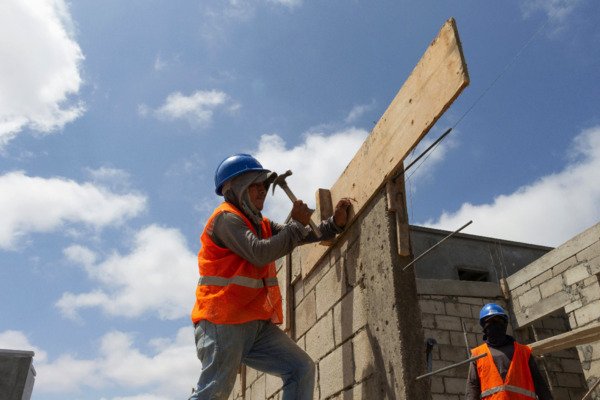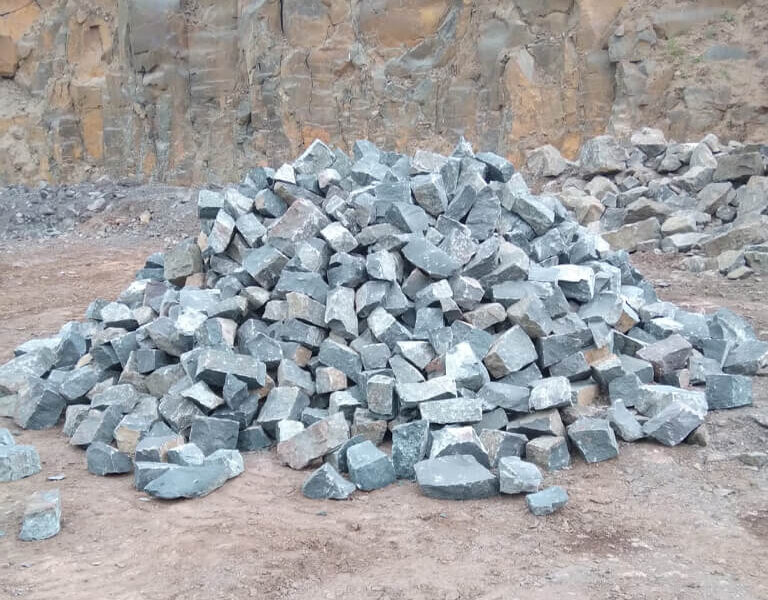Have you ever found yourself overwhelmed in the building materials aisle, unsure of what to choose? You’re not alone! Many people make common mistakes that can lead to frustration and increased costs during their construction projects. Today, we’ll walk through some key pitfalls to avoid, helping you navigate your purchase with confidence and ease. Let’s ensure you get the right materials for your project without any unnecessary hassle!
Choosing Price Over Quality
One of the most frequent errors involves prioritizing cost over quality. While it’s understandable to want to save money, compromising on the quality of building materials can lead to long-term complications. Inferior materials may require frequent repairs or replacements, ultimately costing more than initially investing in high-quality options. Opting for cheap materials can also affect the structural integrity and aesthetic appeal of your project. Always consider durability, performance, and safety before making a purchase.
Neglecting to Research Suppliers
Skipping due diligence when researching suppliers can lead to suboptimal choices. Not all suppliers offer the same quality of materials or services, and some may not have a solid reputation in the industry. For me, checking Google reviews or a supplier’s Facebook page is my go-to when I’m researching. I always take the time to read reviews, ask for recommendations, and compare different suppliers to ensure I get the best possible deal. For example, when I needed both building and landscape supplies, I found that visiting 8 Point Building Supply provided a one-stop solution. A reputable supplier will offer reliable products and excellent customer service, making your purchasing experience smoother and more trustworthy.
Overlooking Project-Specific Requirements
Each construction or renovation project comes with its own set of specific needs. A common mistake is buying materials without considering the unique requirements of your project. Factors such as climate, local building codes, and the specific function of the space should guide your choices. For example, certain materials are better suited for humid environments, while others may be ideal for high-traffic areas. Ignoring these considerations can lead to issues down the line, affecting both functionality and longevity.
Failing to Seek Professional Advice
Many DIY enthusiasts and homeowners make the mistake of not consulting with professionals before purchasing materials. Expert advice can provide valuable insights that you might not have considered. Based on my experience, a visit to 8 Point Building Supply proved invaluable, saving me thousands and taking less time to find the perfect materials. Their knowledgeable staff offered suggestions tailored to my specific projects, highlighting the importance of professional guidance. Consulting experts can help you avoid costly mistakes and ensure that you choose the right materials for your specific needs.
Ignoring Environmental Impact
In today’s world, sustainability is an important consideration in any construction or renovation project. Overlooking the environmental impact of your building materials can be a significant mistake. Opting for eco-friendly materials not only benefits the planet but can also improve indoor air quality and increase energy efficiency. Look for certifications and labels that indicate environmentally responsible choices. By selecting sustainable materials, you contribute to a healthier environment and a more efficient home.
Underestimating Quantity Needed
Another common pitfall is underestimating the quantity of materials required for a project. Miscalculations can lead to frustrating delays and increased costs as you scramble to purchase additional supplies. Always measure your spaces accurately and consider purchasing a little extra to account for mistakes or future repairs. Having a surplus can be particularly useful, ensuring consistency in materials and avoiding the hassle of matching batches later on. Proper planning in this regard saves both time and money, making your project run more smoothly.
Conclusion
Purchasing building materials doesn’t have to be a daunting task. By being mindful of the common mistakes we’ve discussed, you can make informed decisions that lead to successful and satisfying results for your construction or renovation project. Always prioritize quality, do your research on suppliers, consider project-specific requirements, seek professional advice, embrace sustainability, and accurately estimate your material needs. With these tips in mind, you’ll be well on your way to creating a space that meets your needs and stands the test of time. Happy building!



